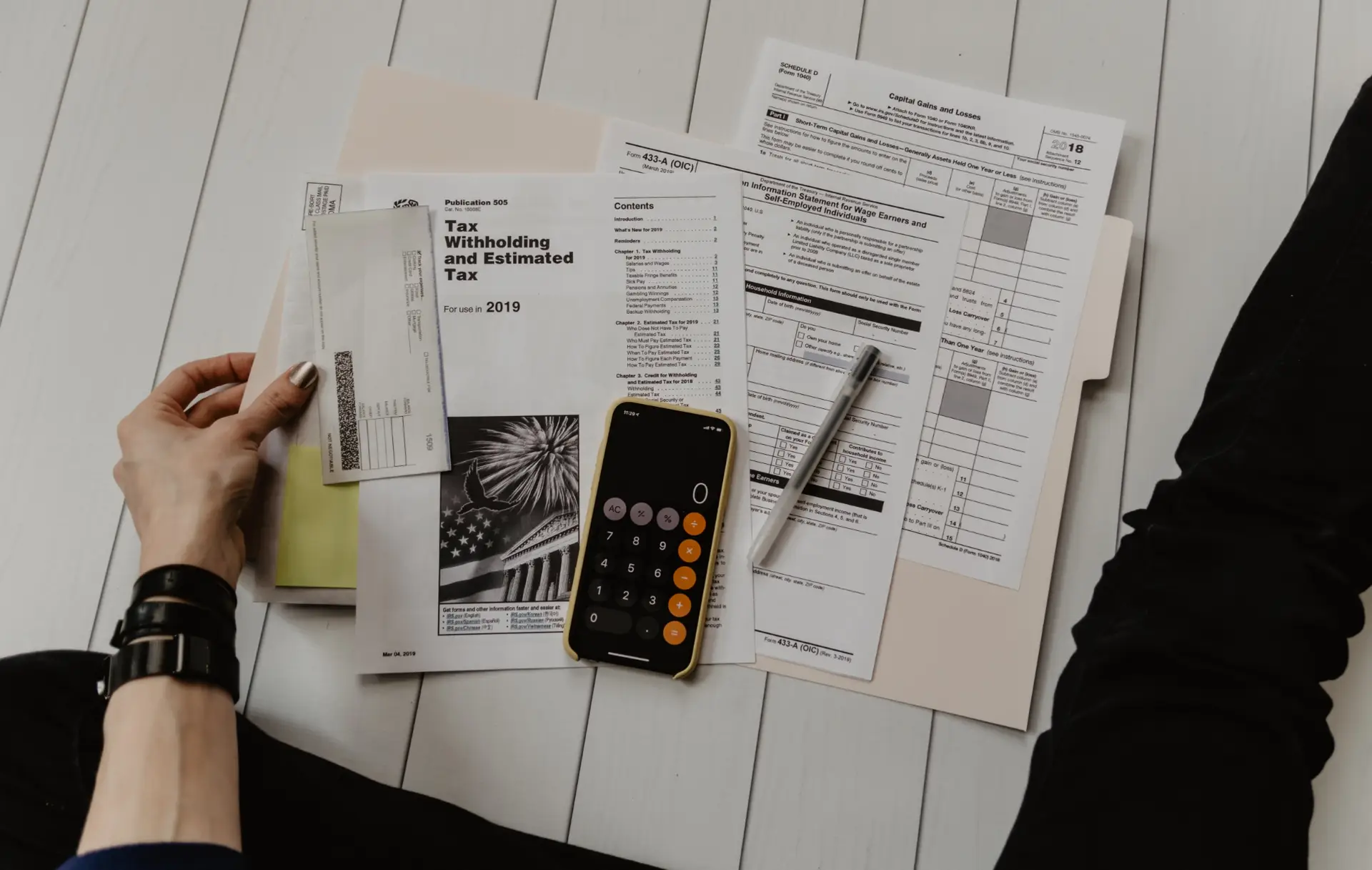Many of you will have seen the Sunday Times article reporting how Lord Alan Sugar allegedly tried to avoid UK tax by leaving the UK for Australia. It has been reported that, having taken a £390m dividend from his company in 2021, Lord Sugar tried to declare himself a non-UK resident for tax purposes (as a result of spending part of the tax year in Australia), which would have allowed him to avoid a £186m tax bill in the UK.
As many people have now highlighted, there is a little known law brought in by David Cameron that states that members of the House of Lords, Peers, are deemed resident, ordinarily resident and domiciled in the UK for the purposes of income tax, inheritance tax and capital gains tax. This deemed status applies to the whole of each tax year, even if that person is a member for only part of the tax year, or is on a leave of absence.
Lord Sugar’s spokesman has since stated: “Lord Sugar is a UK tax resident and he always has been. All his income has been taxed on the basis of his UK residence and is fully paid up.”
We work with many individuals looking to come to the UK, or looking to leave. This is a complicated area of tax which demands attention to the minutiae of an individual’s life. Many years ago tax residence was established by fully understanding a person’s life and, even with the guidance available today, it is important that each person is treated as an individual and advice is provided on their individual circumstances.
It is easy to assume that those who spend fewer than 91 days in the UK and, within that, fewer than 31 days working here, will be deemed non-resident for tax purposes. However, this is not always the case and it is imperative to take advice to ensure your personal circumstances are take into account and you do not fall foul of the rules.
If you have any queries on tax residence or would like assistance please contact Diane Nettleton on 01633 643167 or email diane.nettleton@kilsbywilliams.com.




